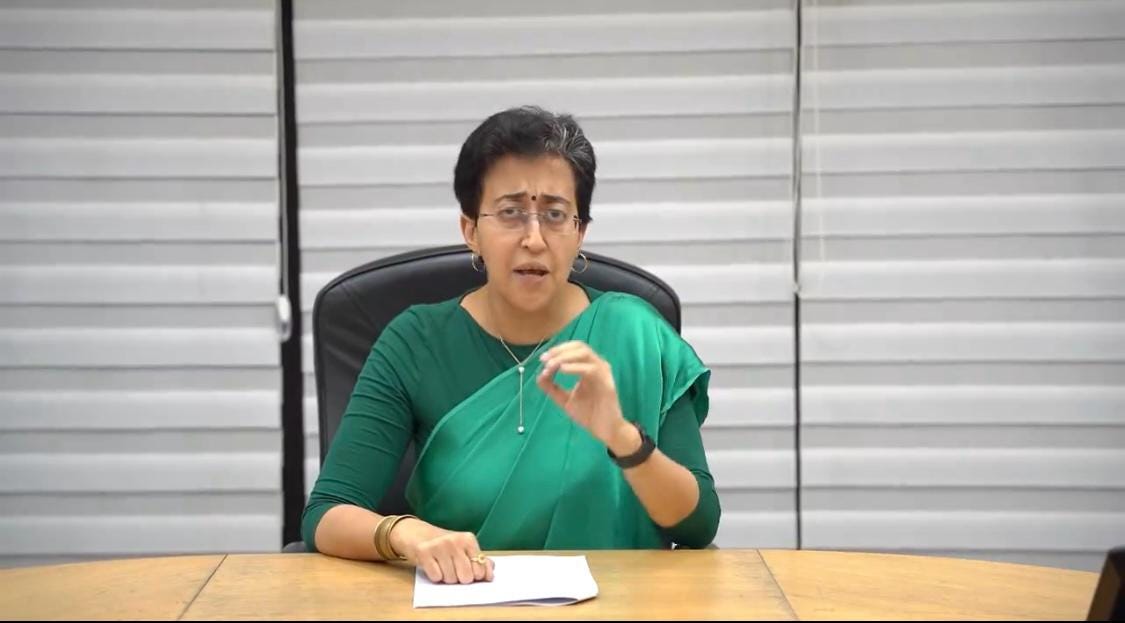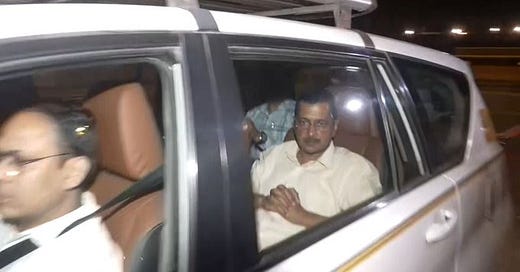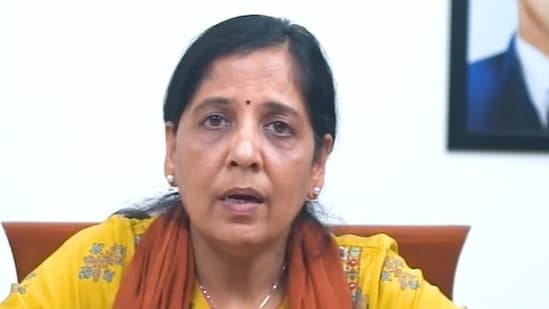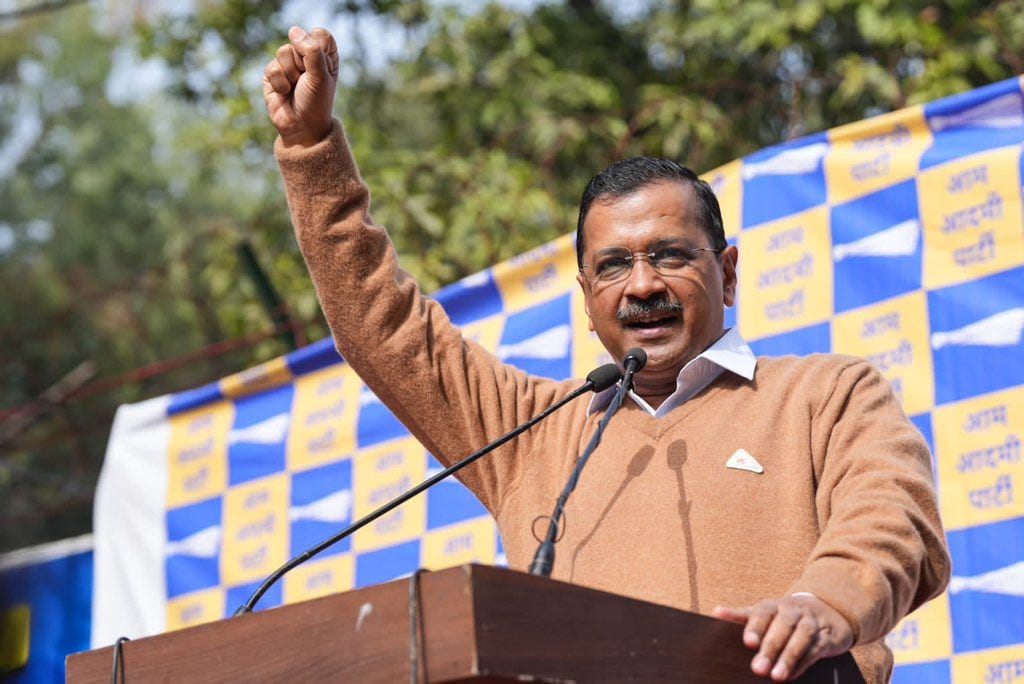Arvind Kejriwal: Thrust Day of the Week
What today, Thursday, the 28th of March, 2024 may hold for him.
Kejriwal’s ED remand ends today—options for the Enforcement Directorate
Today, 28th March 2024, is crucial as the Enforcement Directorate (ED) is set to present Delhi Chief Minister Arvind Kejriwal before the Special PMLA Court in Rouse Avenue, New Delhi. The remand period for Mr. Kejriwal, which was allowed by the aforementioned Court following his arrest by the ED on 21st March, concludes today. The ED is at a critical juncture, facing two main choices: first, to seek an extension of Mr. Kejriwal’s remand for additional interrogation, or second, to indicate that further custody is unnecessary, paving the way for his transfer to judicial custody. Opting for the latter would place Mr. Kejriwal in Tihar Jail, New Delhi, as the enquiry, investigation, and subsequent trial continue, awaiting any determinations by the Special Court or the Delhi High Court on bail applications or civil writ petitions.
Factors affecting ED's Approach to Kejriwal's further Custody
Given the typically stringent approach of the Enforcement Directorate (ED) and the prosecution, including central government law officers, it is widely anticipated that the ED might seek an extension of Arvind Kejriwal’s remand. To achieve this, they would, however, be required to submit a formal application detailing, at minimum, a summary of the additional incriminating evidence, if any, garnered against Mr. Kejriwal, thus substantiating the necessity for further physical custody. Such disclosure, while procedural, inadvertently offers Mr. Kejriwal and his defence team insights into the investigation's trajectory, unlike scenarios where an extension of custody is not pursued.

Potential Shift in Custody from ED to CBI: A Strategic Move?
Looking back on the strategies previously employed in high-profile money-laundering cases, such as those involving Mr. P Chidambaram— former Union Finance Minister— and his son Karti, there appears to be a pattern to suggest that the Enforcement Directorate (ED) might refrain from seeking an extension of remand for Arvind Kejriwal. Instead, the Central Bureau of Investigation (CBI), which is investigating the underlying predicate offence leading to the ED's case, could move an application for custody. Should the Special PMLA Court approve this request, custody of Mr. Kejriwal would then transition from the ED to the CBI, effectively deferring a transfer to judicial custody. It's critical to note that while these two legal actions are interlinked, they remain distinct in legal process and procedure, potentially culminating in separate charge-sheets and/ or criminal complaints, and possibly concurrent or simultaneous, but legally distinct, trials.
ED and CBI: Legal Nuances of Custodial Statements
The question of whether ED sleuths can access Mr. Kejriwal while under CBI custody remains ambiguous. However, it is certain that the ED will be privy to any statements Mr. Kejriwal might make during his CBI custodial interrogation. It’s pivotal to differentiate the nature of these statements: those made to the CBI are governed by Section 161 of the Criminal Procedure Code (CrPC), bearing significantly less evidentiary value than statements collected by the ED. The prosecutorial utility of Section 161 CrPC statements is limited, primarily serving to contradict the statements of witnesses or to facilitate the discovery of further evidence, for instance, undisclosed financial assets, as per Section 27 of the Evidence Act. Otherwise, any admissions made while in CBI custody are deemed "irrelevant" and "inadmissible" in the Court of law, particularly during trial proceedings.
Implications of CBI Custody for Kejriwal's Defence Team
If custody is transferred to the CBI, the legal challenges facing Arvind Kejriwal’s defence team will intensify. They will need to initiate fresh legal challenges against this transfer, in addition to contesting the legality of Mr. Kejriwal’s initial arrest by the ED and the subsequent remand orders—an issue already under scrutiny by the Delhi High Court, with a hearing that took place only yesterday, on 27th March 2024, wherein no interim relief was granted to Kejriwal. The High Court has scheduled the next hearing for the 3rd of April, during which the ED is expected to respond to Mr. Kejriwal’s primary petition as well as the interim plea for his immediate release. As the Delhi High Court deliberates on the case, the proceedings could extend over several weeks, if not months, adding further complexity to Mr. Kejriwal’s legal situation.
How Kejriwal's Defence Team may rebut CBI’s remand request
In addition to various legal strategies, Arvind Kejriwal's accomplished legal team might argue that Mr. Kejriwal had previously appeared before the Central Bureau of Investigation (CBI) upon summons, demonstrating full cooperation with the agency's investigation without further summons thereafter. Conversely, the CBI might contend before the Special PMLA Court the necessity of custodial interrogation of Mr. Kejriwal, underscored by new leads that might have emerged not only from his statements in ED custody but also from “confrontations” with co-accused such as Smt. K Kavita and statements of approvers. This, the CBI could argue, mandates their direct interrogation of Mr. Kejriwal to comprehensively pursue the investigation.
PIL in Delhi High Court: Can Kejriwal work as CM from ED Custody?
Currently, the Delhi High Court is today scheduled to hear a Public Interest Litigation (PIL) challenging the validity of Arvind Kejriwal's continued operation as the Chief Minister of Delhi from ED custody, where he remains without imminent prospects of bail. It's plausible that the High Court may issue notices to both Mr. Kejriwal and the Union of India or the Lieutenant Governor of New Delhi. However, it is generally believed that constitutional courts tend to avoid substantive judgments on such matters. Conversely, speculation suggests that once Mr. Kejriwal’s custody transitions to judicial confinement in Tihar Jail, following the ED and CBI investigations, attention may pivot to the constitutional prerogatives of the Lieutenant Governor of New Delhi, acting as an aid to the President of India (effectively the Ministry of Home Affairs). Amidst these legal proceedings, Mr. Kejriwal has till now continued to administer his duties, issuing directives for civic services, including healthcare and water supply, disseminated publicly by his wife, Smt. Sunita Kejriwal, and Delhi Minister, Ms Atishi Marlena.
Electoral Implications of Kejriwal's Legal Battles
As India navigates through the Lok Sabha election process, the unfolding legal saga involving Arvind Kejriwal continues to capture the nation's attention, particularly among New Delhi's electorate. The discourse extends beyond the courtroom, touching on the arrest's legality, necessity, and timing. Both sides fiercely contest court judgments and interim orders. However, ultimately, all involved must adhere to the judiciary's decisions, the repercussions of which on voter sentiment and behavior are yet to be fully gauged. Regardless of the legal outcomes, Arvind Kejriwal's legal cases will likely dominate news cycles and public discourse in the weeks to come, underscoring the intertwining of political and judicial narratives in shaping public opinion and electoral outcomes.
Stay tuned.
DISCLAIMER
Every person is presumed to be innocent unless pronounced guilty by a Court of Law.







